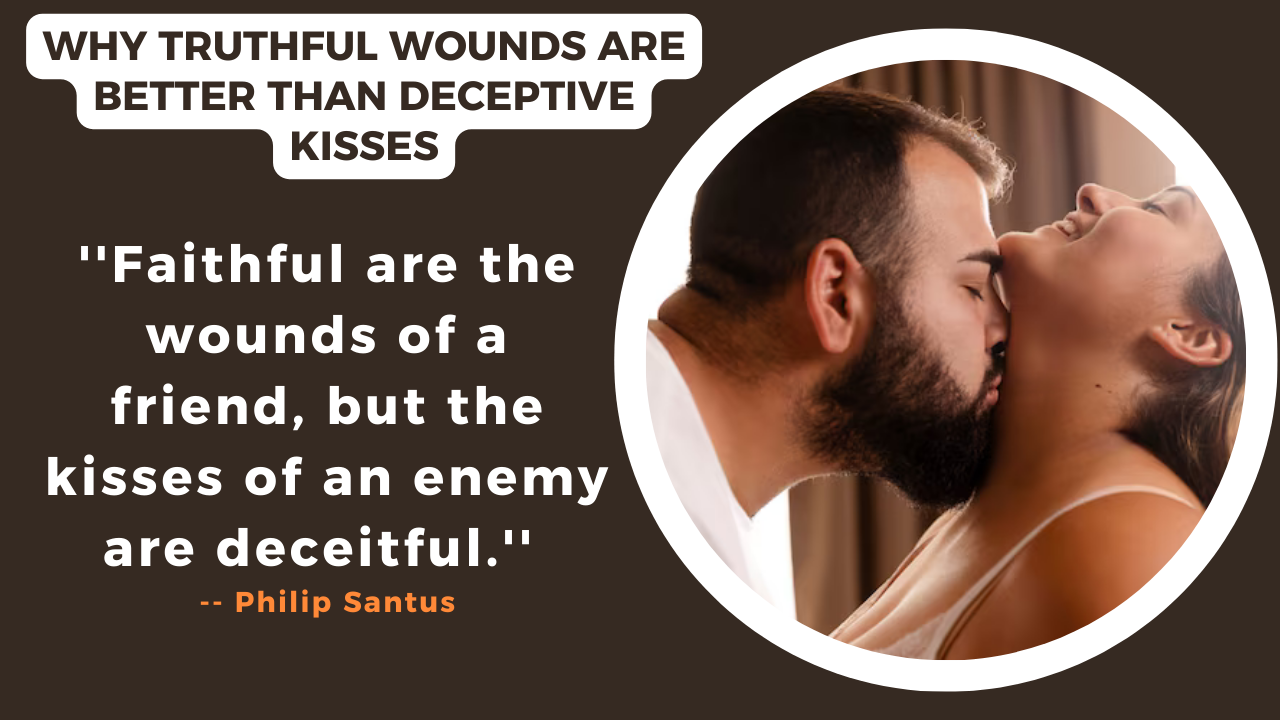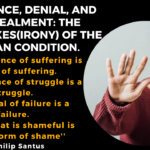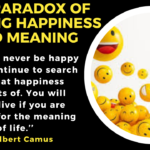Why Truthful Wounds Are Better Than Deceptive Kisses
(MY QUOTE)
”Faithful are the wounds of a friend, but the kisses of an enemy are deceitful.” — Philip Santus
Explanation of the Quote
This quote juxtaposes two ideas: the genuine but sometimes painful actions of a true friend versus the deceitful kindness of an enemy. Let’s break it into sections:
1. “Faithful are the wounds of a friend”
A true friend’s actions may sometimes hurt us, but they come from a place of love, honesty, and concern. These “wounds” can be constructive criticism, hard truths, or interventions meant to guide us toward growth and self-improvement.
Examples:
- A friend tells you about a harmful behavior you may not realize you’re exhibiting.
- They give you tough feedback about your work or lifestyle, even when it’s difficult for you to hear.
Solution:
- Embrace constructive criticism. Learn to differentiate between harsh but helpful truths and unnecessary negativity.
- Reflect on the intention behind the words. Ask yourself, “Does this person care about my growth or well-being?”
- Foster open communication. Encourage honest conversations in your friendships, ensuring both parties feel safe to express truths.
2. “But the kisses of an enemy are deceitful”
An enemy’s kind gestures, compliments, or flattery may conceal hidden agendas. Such “kisses” symbolize manipulative behavior designed to deceive or exploit.
Examples:
- A colleague who flatters you excessively while secretly sabotaging your work.
- A competitor in business who befriends you only to gain inside information.
Solution:
- Develop discernment. Pay attention to actions, not just words. Do their actions align with their outward kindness?
- Set boundaries. Maintain a healthy distance from people who have previously exhibited manipulative behavior.
- Avoid being overly influenced by flattery. Stay grounded in your own self-worth rather than relying on external validation.
Practical Applications of the Quote
- Friendships: Seek friends who care enough to tell you the truth, even when it’s uncomfortable. Avoid those who merely agree with you to avoid conflict.
- Workplace: Learn to value honest coworkers and bosses who provide genuine feedback for your improvement, while being cautious of insincere colleagues.
- Self-awareness: Recognize when your ego may resist the truth and when it might be drawn to empty flattery.
Five Book References
These books explore themes related to honesty in relationships, manipulation, and personal growth:
- “The Road Less Traveled” by M. Scott Peck
Explores the importance of discipline, truth, and love in relationships, emphasizing tough love over empty gestures. - “Dare to Lead” by Brené Brown
Discusses the value of vulnerability and honest communication in leadership and personal relationships. - “The 48 Laws of Power” by Robert Greene
Offers insight into manipulative tactics (the “kisses of an enemy”) and how to recognize and counter them. - “Crucial Conversations” by Kerry Patterson, Joseph Grenny, Ron McMillan, and Al Switzler
Provides tools for having honest, impactful conversations in relationships, even when emotions run high. - “Boundaries” by Dr. Henry Cloud and Dr. John Townsend
Teaches how to set boundaries to protect yourself from toxic individuals while fostering healthy relationships.
Key Takeaways
This quote by Philip Santus emphasizes the value of truth over superficial gestures. By embracing constructive feedback and learning to identify manipulative flattery, we can nurture meaningful relationships and safeguard ourselves from harm.






